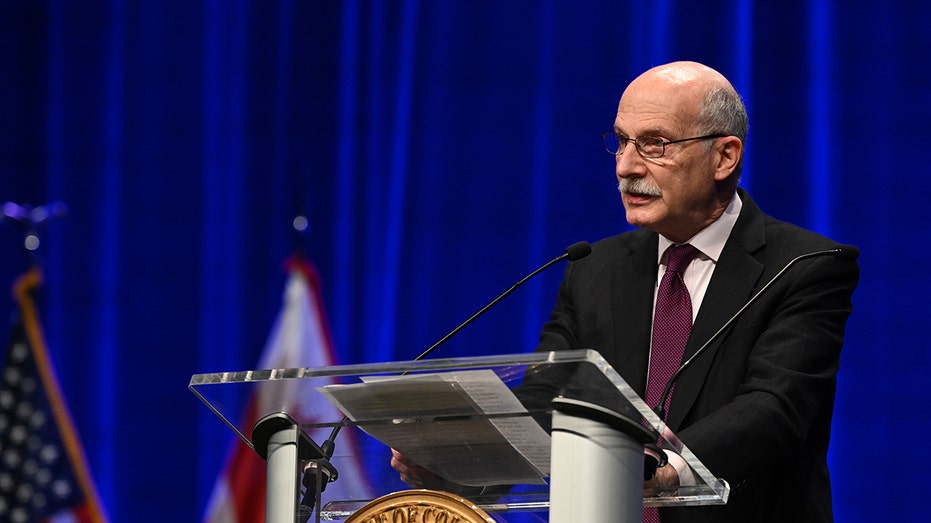Washington, D.C., Council Chairman Phil Mendelson announced Monday that he has withdrawn a controversial criminal code bill that faced a U.S. Senate vote – a vote that may still happen this week.
At a news conference, Mendelson said the bill would be reworked and submitted again to the House and Senate some time in the future. Still, the existing legislation’s status in the Senate was unclear Monday.
The original D.C. legislation would have reduced maximum penalties for certain crimes including burglaries, robberies and carjackings, along with scrapping some mandatory minimum sentences. It faced backlash from conservatives and some liberals; Mayor Muriel Bowser, a Democrat, vetoed it this past January, but the city council overrode her veto.
Then, the Republican-controlled U.S. House of Representatives stepped in with a measure to override the city council changes. President Biden said last week he’d sign the House measure rather than veto it.
Under the Constitution, Congress can serve as a super city council for the District of Columbia.
BIDEN WON’T VETO BILL BLOCKING THE SOFTENING OF DC’S CRIMINAL CODE
Biden and some Democrats clearly have acted in part out of concerns that the right would portray them as “soft on crime” amid rising crime in Washington. So, the bill faced a Senate vote this week to align with the House. The measure would likely pass with as many as 20 Senate Democrats siding with all Republicans to bigfoot D.C.
This would have marked only the fourth time in decades that Congress stepped into D.C. affairs.
It is now unclear if the Senate could still have the vote this week, even if the point is moot.
“Not only does the statute not allow for a withdrawal of a transmission, but at this point the Senate Republican privileged motion will be acting on the House disapproval resolution, rather than the DC Council’s transmission to the Senate. We still expect the vote to occur,” a Senate leadership aide told Fox News.
Part of the question about whether there is a vote could be political. In other words, the GOP may just want to have the vote. But, the question is also whether the Senate could even have a vote, based on what the city council has done.
Sen. Bill Hagerty, R-TN, who was the chief Senate sponsor of that chamber’s version of the resolution to roll back D.C.’s crime law, Monday issued a statement on the D.C. City Council’s attempt to withdraw the transmission of its law ahead of an expected Senate vote on the measure. He called the attempt to withdraw the bill a “made-up maneuver” with no basis in law.
“This desperate, made-up maneuver not only has no basis in the D.C. Home Rule Act, but underscores the completely unserious way the D.C. Council has legislated,” he said. “No matter how hard they try, the Council cannot avoid accountability for passing this disastrous, dangerous D.C. soft-on-crime bill that will make residents and visitors less safe.”
Biden had informed Senate Democrats last week in a closed-door meeting that he would not veto the legislation blocking the D.C. Council’s move to soften crime laws.
Following the meeting, Senate Majority Leader Chuck Schumer, D-N.Y., confirmed the president’s plans to sign the bill once it gets to his desk.
Biden also tweeted upon returning to the White House: “I support D.C. Statehood and home-rule – but I don’t support some of the changes D.C. Council put forward over the Mayor’s objections – such as lowering penalties for carjackings. If the Senate votes to overturn what D.C. Council did – I’ll sign it.”
This is a developing news story. Please check back for updates. Fox News’ Thomas Catenacci and Elizabeth Elkind contributed to this report.
























